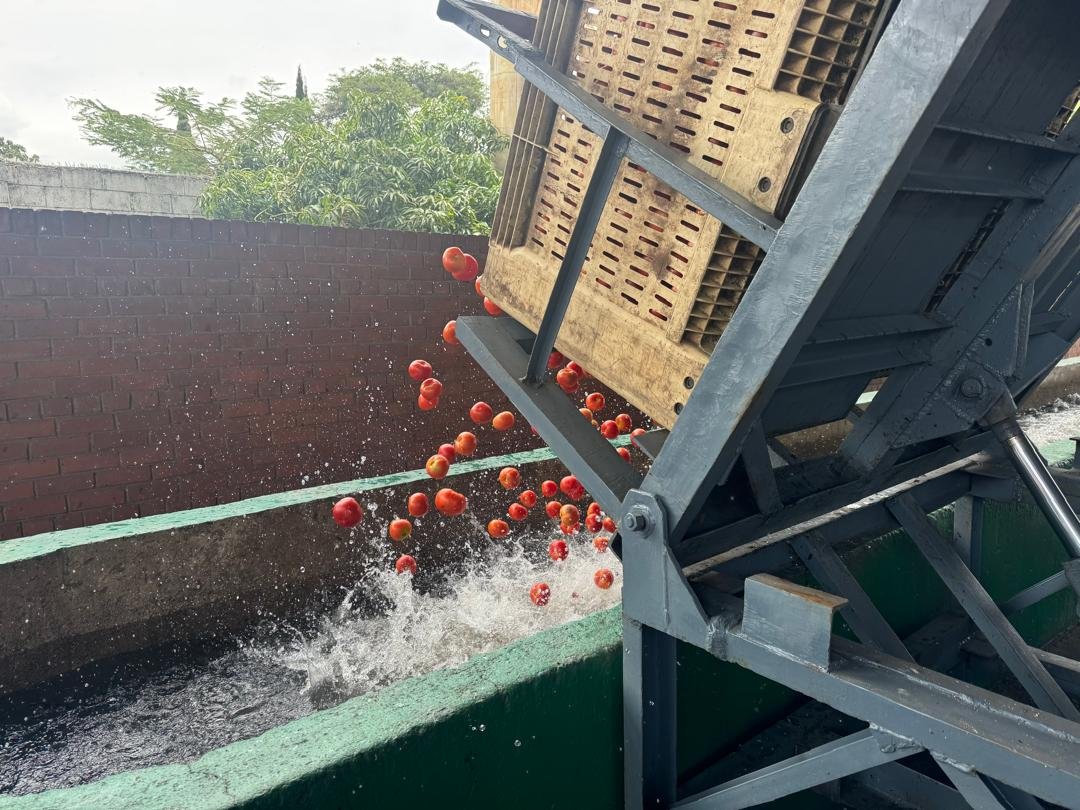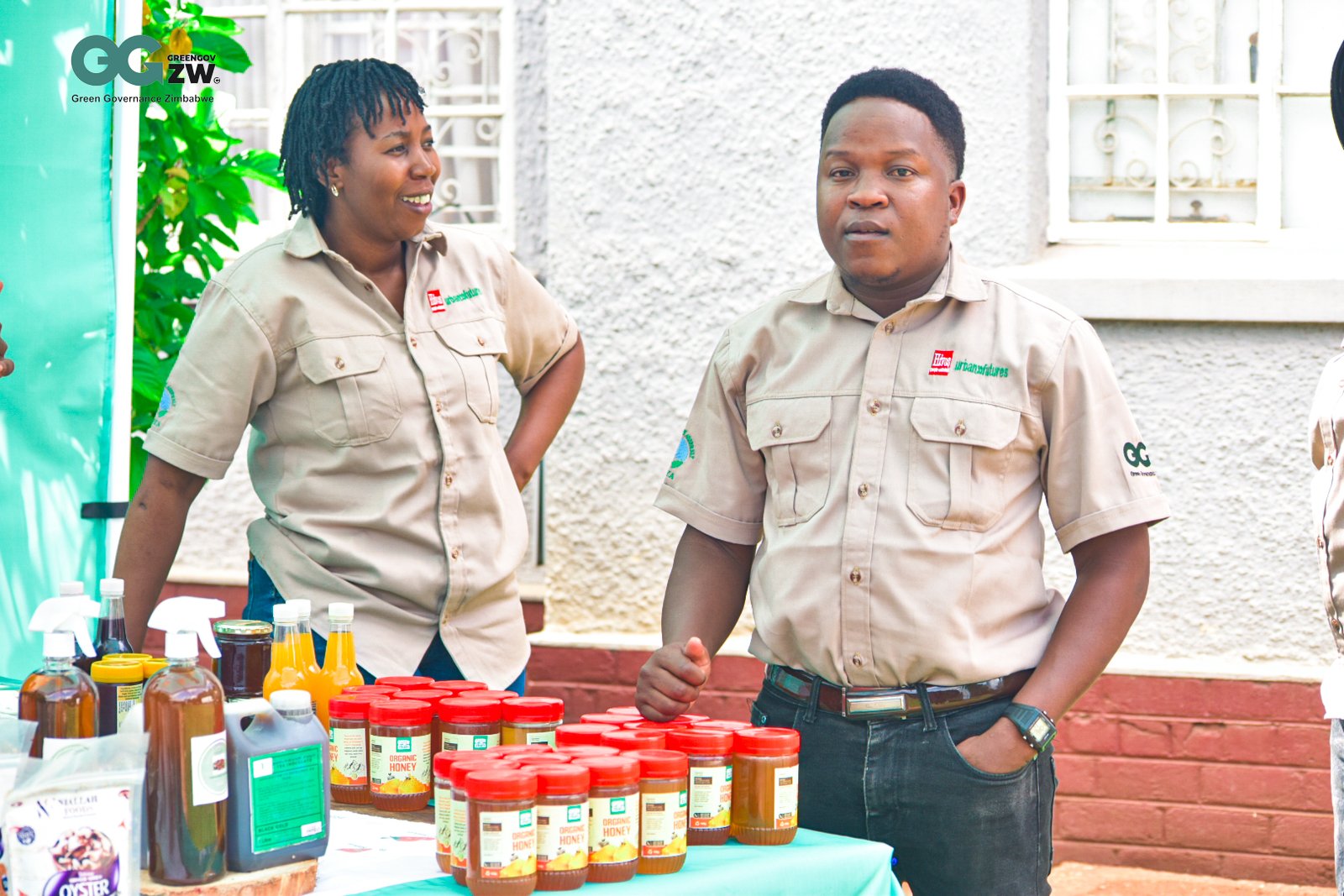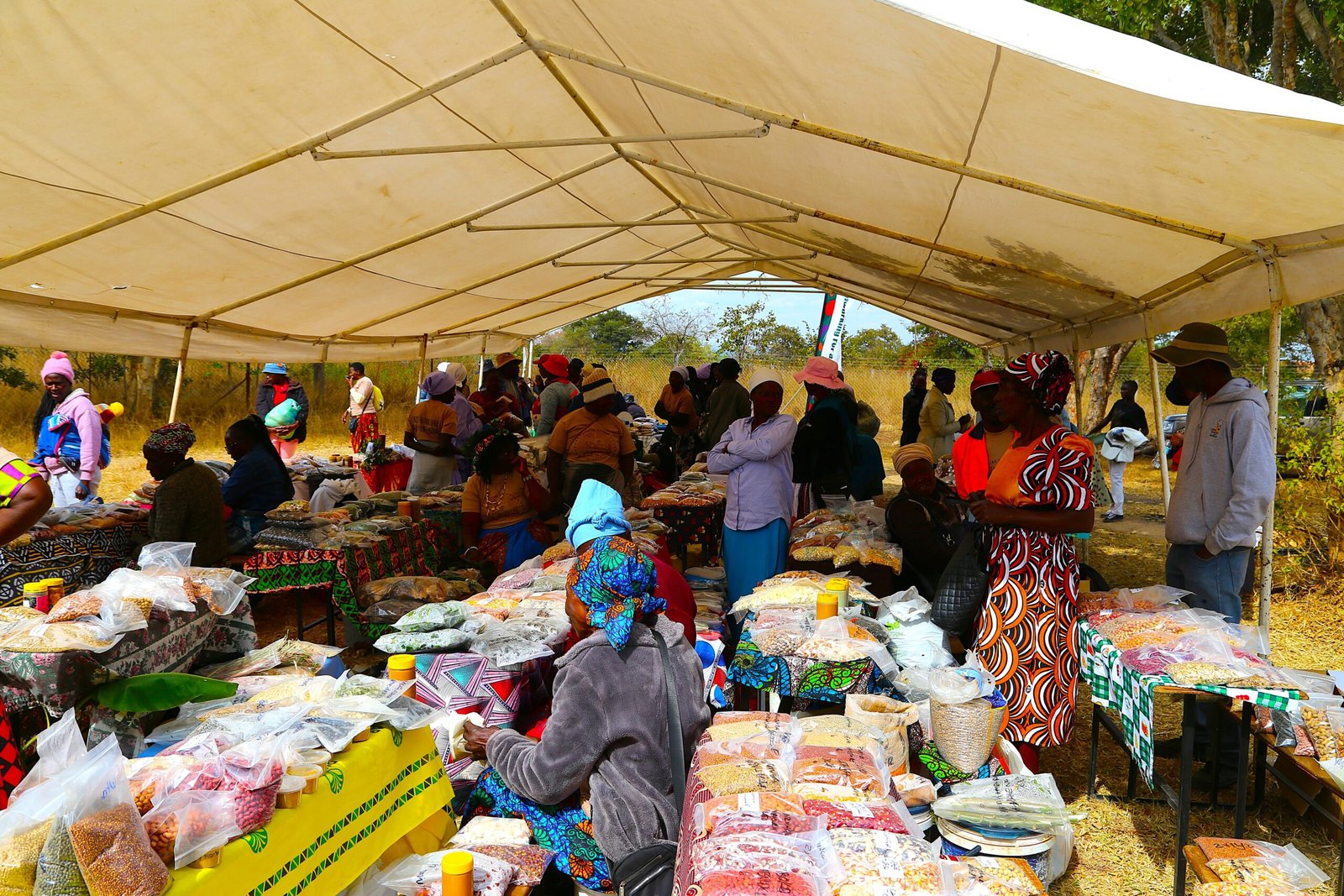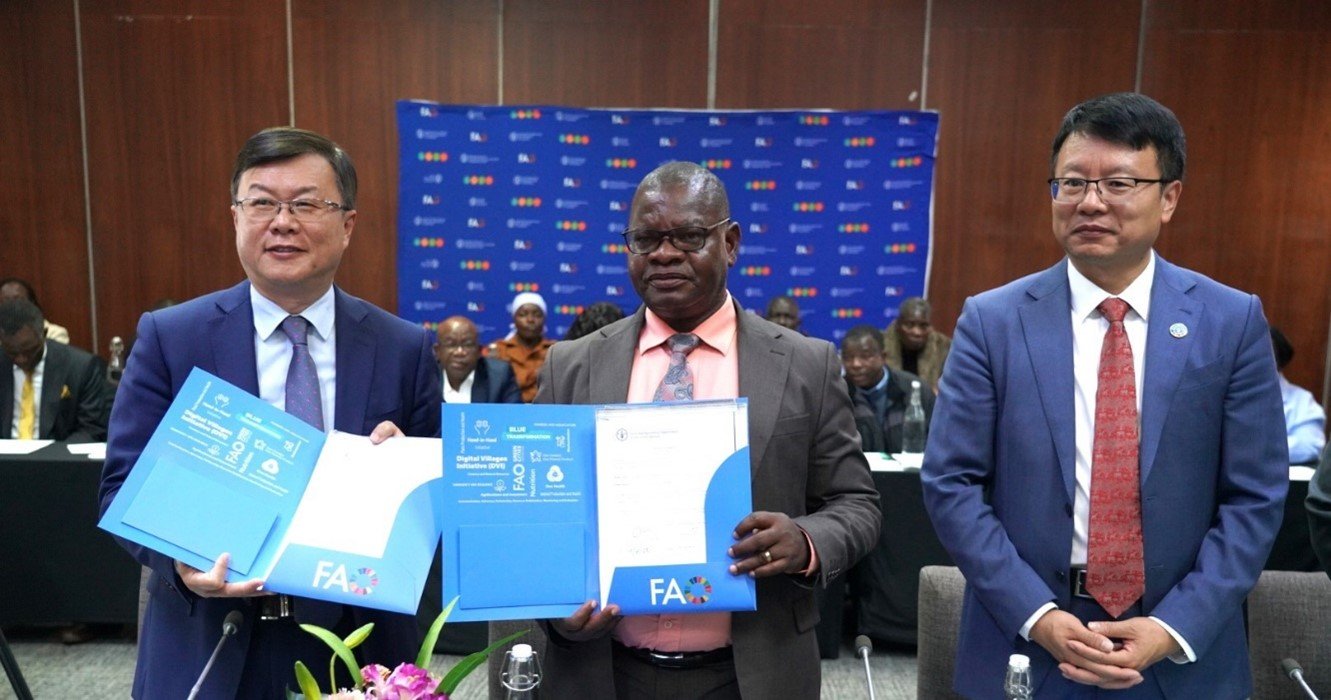The Agricultural and Rural Development Authority (ARDA) is setting its sights on a significant expansion of its operations this year, aiming to increase exports to 30% while fulfilling its mandate to produce 45% of Zimbabwe’s strategic grain reserves.
Currently overseeing over 400 irrigation schemes, ARDA manages 19,000 hectares under irrigation. The authority is committed to meeting the government’s requirement to produce a substantial portion of the country’s grain reserve needs, and it has developed a roadmap to ensure this target is within reach.
ARDA Chief Executive Officer Tinotenda Mhiko emphasizes that this year’s focus includes boosting the production of export crops from the current 12% to 30%.
“We are collaborating with parastatals like ZIMTRADE to enhance the marketing and production of our crops, with at least 30% of our output aimed at export crops to generate the much-needed foreign currency,” he stated.
Mr. Mhiko further highlighted the institution’s commitment to value addition, exemplified by the ARDA-run BEST Food Processing Plant in Norton, which converts various fruits into paste.
“Last year, we operationalized and retooled our best food processors, which now produce 100 tonnes of tomatoes daily. This initiative not only guarantees a market for local villagers but also contributes to GDP growth at the village level,” he added.
A recent visit to the BEST Fruit Processing Plant showcased the facility’s ramped-up production of tomato paste, sourced from communal farmers. ARDA’s Director of Commercial Services, Dominic Sadziwa, noted that the Norton-based plant has the capacity to produce 100 tonnes of fresh fruit each day. For 2025, the aim is to produce 22,500 tonnes of tomato paste, with a ready market both locally and regionally. He also mentioned plans to expand production to include juices by the end of the year.
“We want to delve deeper into value addition, producing tomato puree and fruit juices from guavas and other fruits, which will enhance our returns. Our tomato paste is well-received locally and in South Africa, where it is regarded as organic. We are also targeting markets in Europe and Asia,” he explained.
In its efforts to transform rural communities and integrate them into production lines, ARDA is working closely with these communities, providing a ready market for their agricultural produce.





